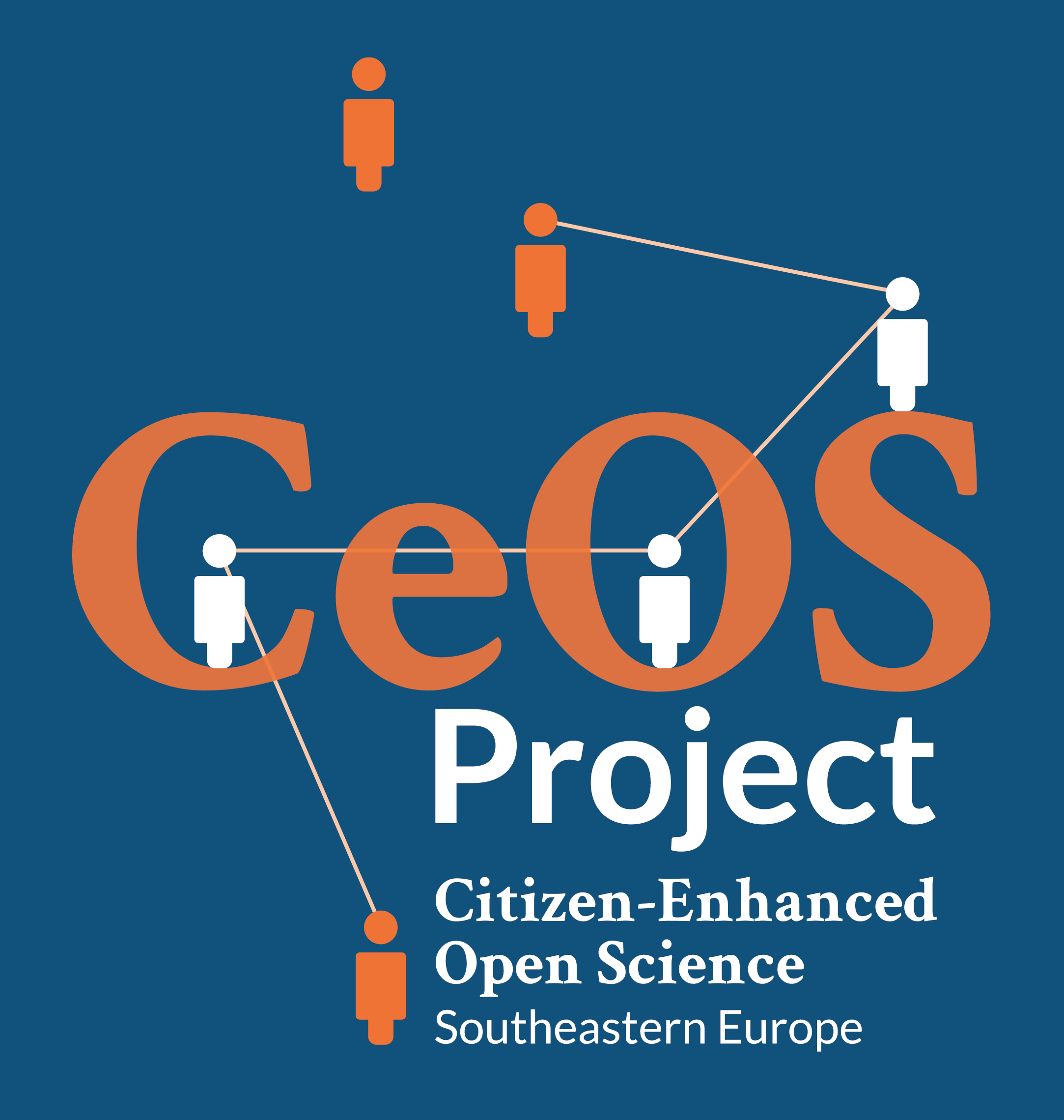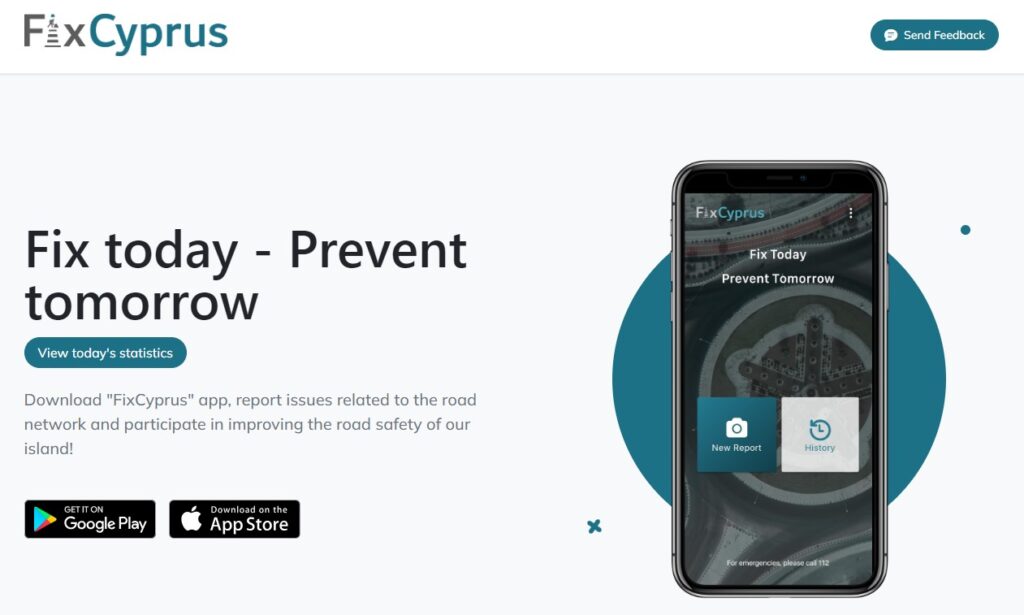Over the last few years, the KIOS Research and Innovation Center of Excellence (KIOS CoE), which operates within the University of Cyprus, has developed two applications: FixCyprus and KIOS CoE mobile app. The two applications contribute to Citizen Science. This blog post focuses on FixCyprus.
Fix Cyprus is a cost-effective crowdsourcing service for road transportation authorities in Cyprus to gather information and manage defects and incidents on the road network and surrounding infrastructure (e.g., pavements, lighting, drinking water pipes, etc.) to improve the Cyprus road network infrastructure as well as the road safety.
Specifically, FixCyprus includes a lightweight and user-friendly mobile application for sharing image-annotated incident reports that every citizen can use to submit a report, highlighting road network infrastructure problems that can impact road safety. A photo, location, and comments can accompany these reports. After submission, the report is automatically forwarded to the corresponding district office of the Public Works Department (PWD) based on the geographic location of the report. Through a web portal, the district offices of the PWD will evaluate the reports to see if they meet the terms and conditions of the application. Then, they are assigned to the authorities responsible for managing the problems recorded in each report. The authorities, notified through the web portal, are accountable for the necessary repairs. The FixCyprus app users will be able to track the status of their reports through the app’s report history.
As part of the continuous development of the FixCyprus service, the use of out-of-the-box Machine Learning (ML) tools is underway to automate the following tasks:
- Identification of duplicate reports based on similar location data and resemblance in the uploaded pictures
- Rejection of invalid reports based on the shared data
- Validation of the incident and/or infrastructure category and automatic correction, if needed, with immediate forwarding to the proper maintenance authority.
The plan is also to explore ML tools to analyze data and identify hidden patterns and correlations in the reported data (e.g., road segments prone to various defects and issues) to make forecasts and recommendations towards predictive maintenance of the road network and associated infrastructures.
The use of the FixCyprus mob application by citizens is expected to reduce the need for regular road network inspections, identify problems in the road network, strengthen communication with citizens, and improve road safety.
Authors: Zafiro Marti & Sylvia Koukounidou, University of Cyprus











